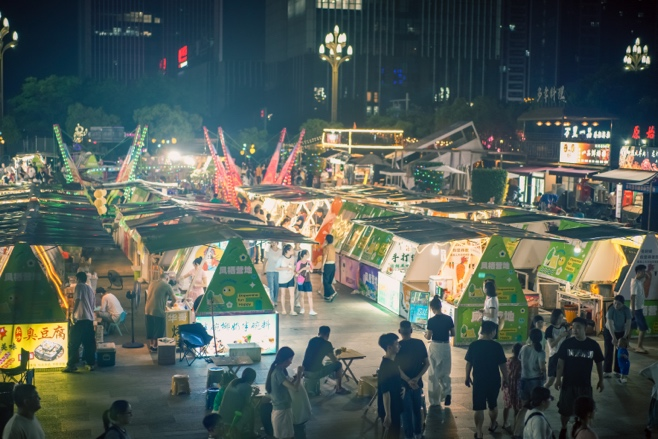
Vendors sell a wide variety of products at a night market in Deqing county of Huzhou, East China's Zhejiang province. (Photo provided to chinadaily.com.cn)
As night falls, vendors start to gather at a public square in Deqing county of Huzhou, East China's Zhejiang province. Selling products varying from local specialties to daily necessities, they have caught the eye of visitors.
Over the past few years, China's night-time economy has experienced rapid growth. Currently, more than 60 percent of the country's urban consumption occurs after sunset and the total size of night markets has exceeded 50 trillion yuan ($6.91 trillion), according to data released by the Ministry of Commerce.
Deqing, as an example, has ramped up efforts to stimulate night-time consumption since the beginning of summer. The county has not only set up night markets based on local characteristics, but also held multiple special events – including singing competitions and garden parties – in local tourist attractions.
Though having significantly driven local economic growth, such moves have inevitably brought a surging demand for electricity.
Against such a backdrop, the State Grid's Deqing Power Supply Co said it has renovated and upgraded local transmission lines in advance, so as to better meet the needs of both the vendors and the night market management departments.
The company said it has also stepped up inspections of the electrical devices in night markets. It has increased the frequency of both infrared temperature measurements and night patrols.
In addition, staff members have been dispatched to help the vendors install temporary power supplies and guide them to use electricity more safely.











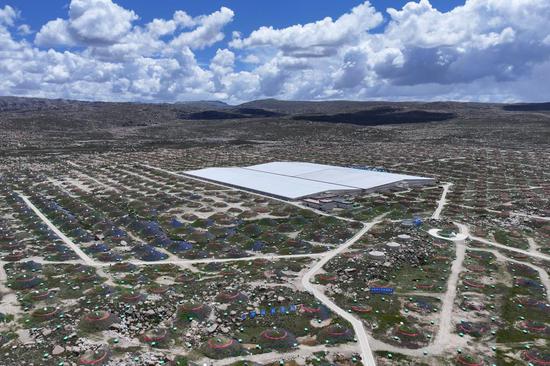

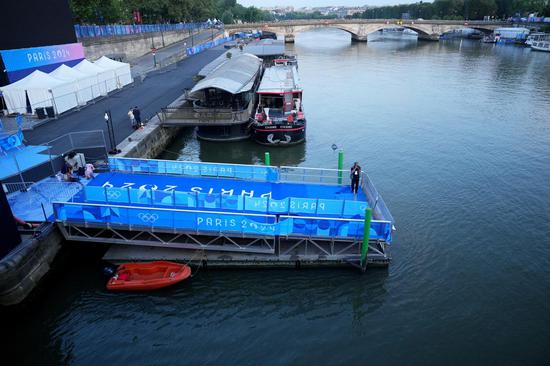
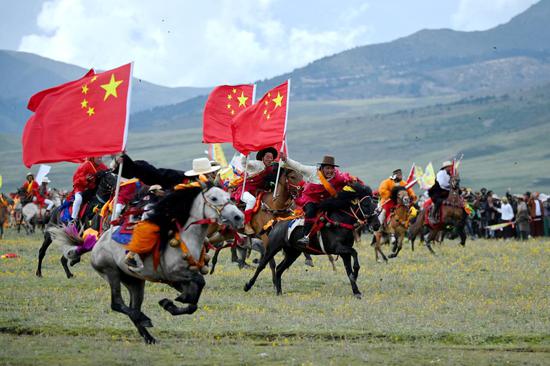
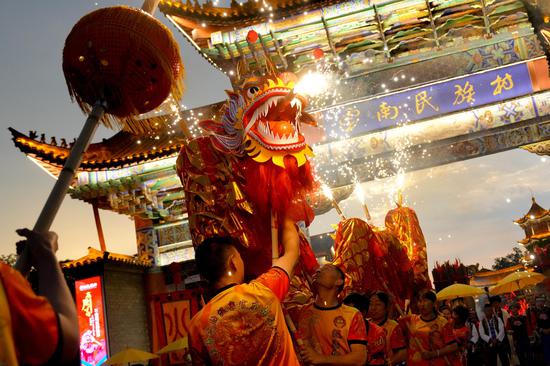
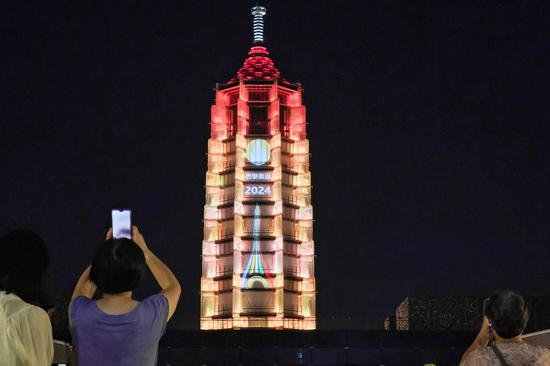

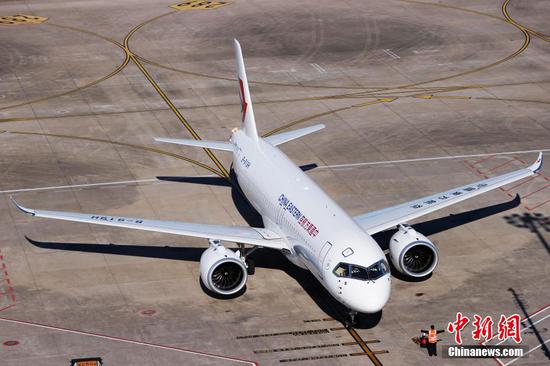





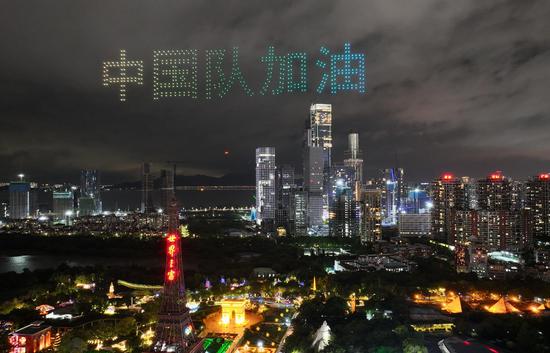


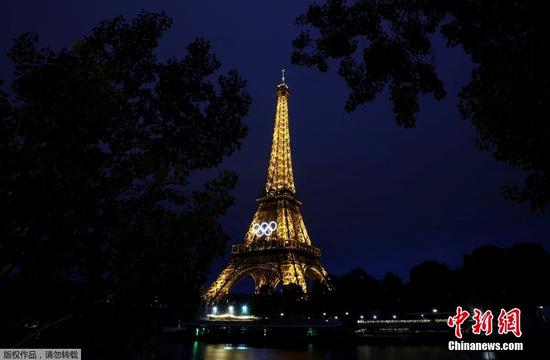
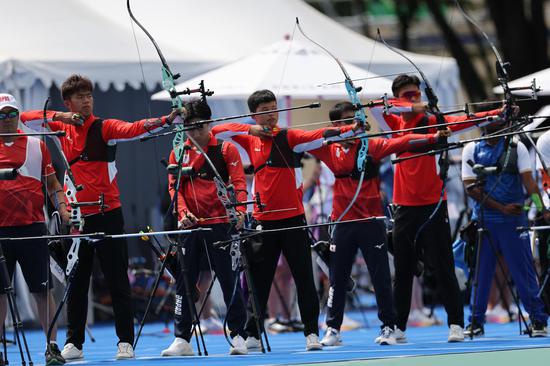
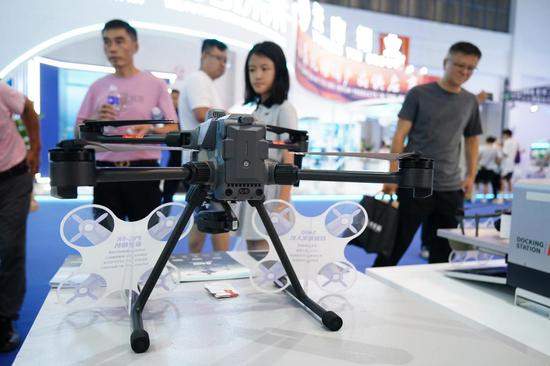

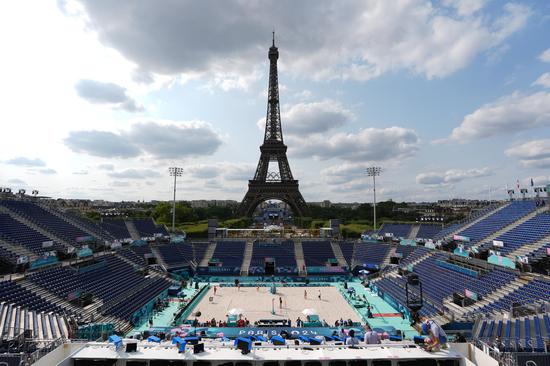
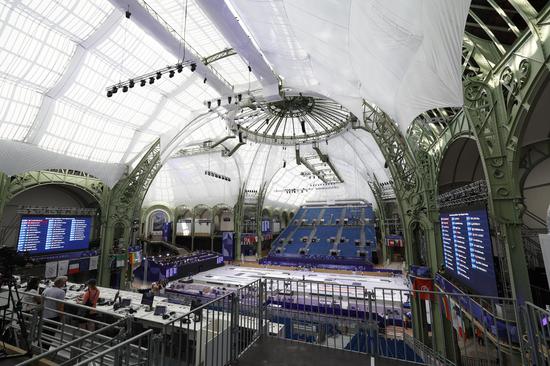
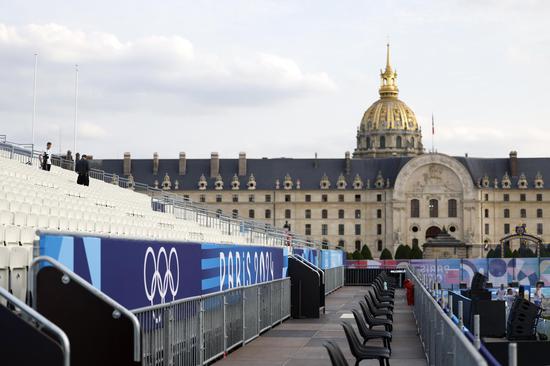

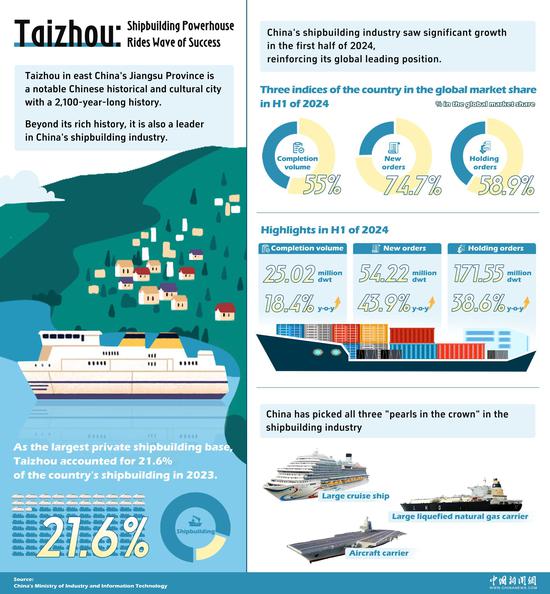
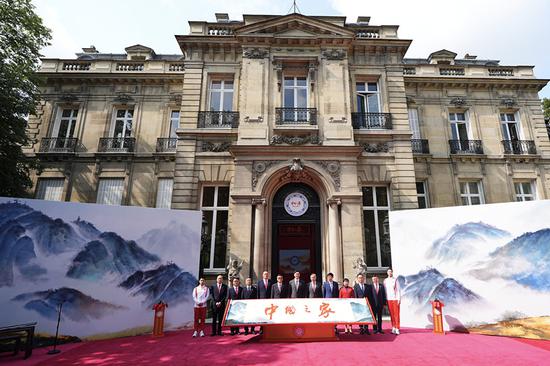


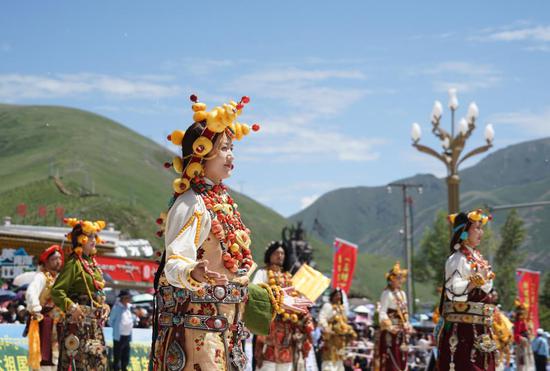

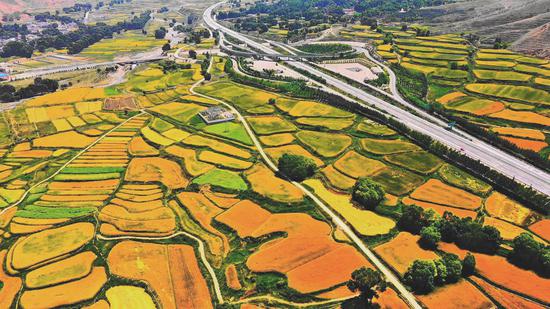
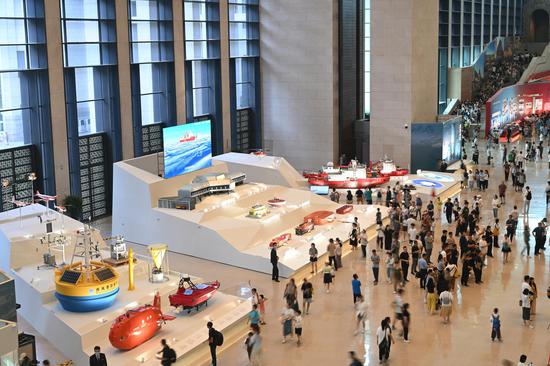


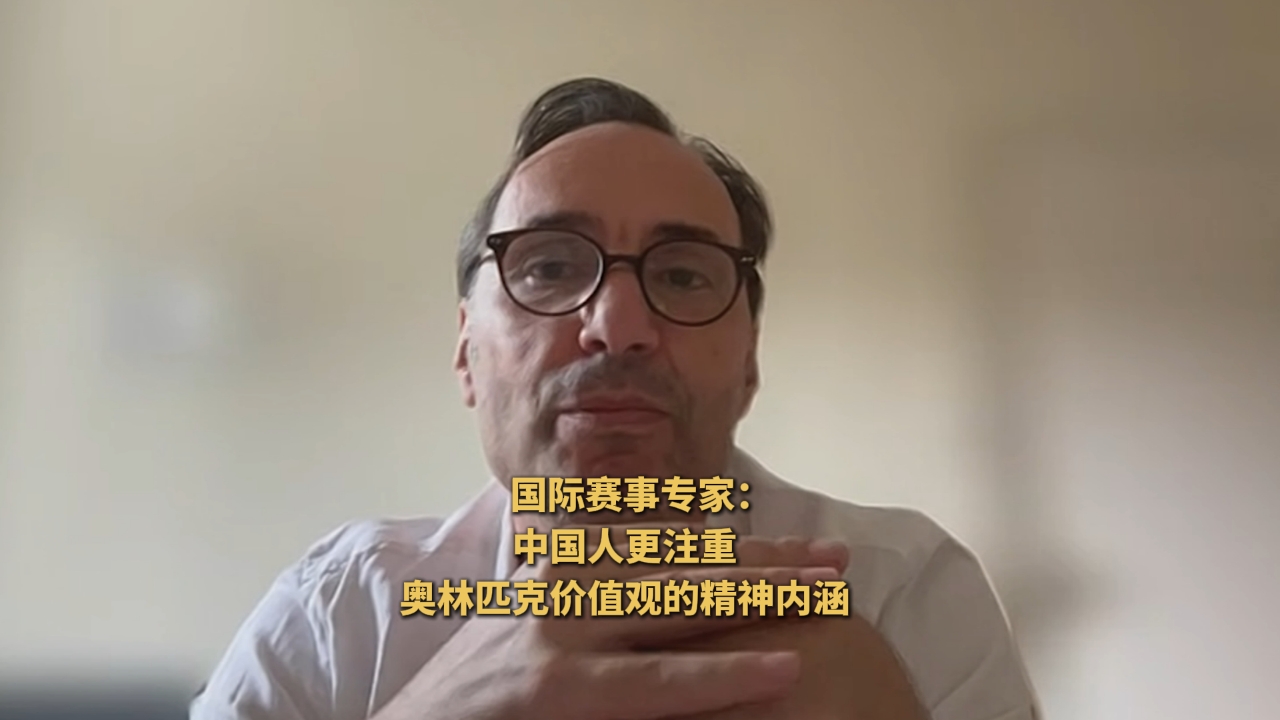

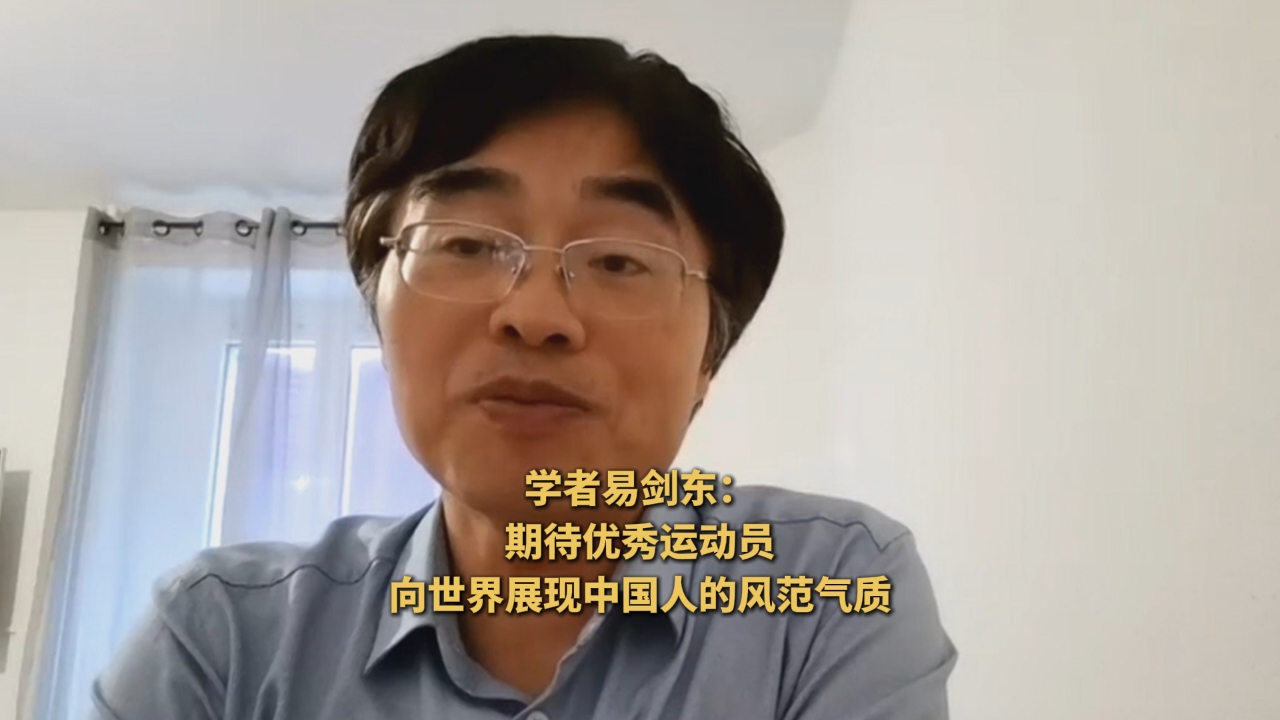

 京公网安备 11010202009201号
京公网安备 11010202009201号